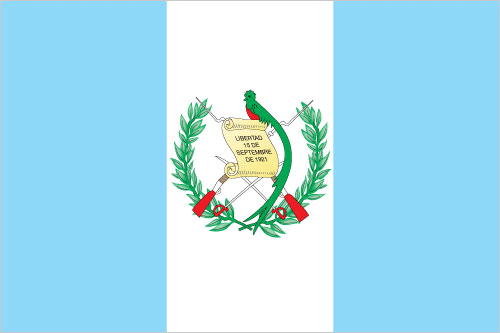Citizens of the US, Canada, EU countries, Norway, Switzerland, Australia, New Zealand, Israel and Japan are among those who do not need visas for tourist visits to Guatemala. On entry into Guatemala you will normally be given a 90-day stay. (The number 90 will be written in the stamp in your passport.)
In August of 2006 Guatemala joined the Centro America 4 (CA-4), a trading agreement with Nicaragua, Honduras and El Salvador. Designed to facilitate the movement of people and goods around the region, it has one major effect on foreign visitors – upon entry to the CA-4 region, travelers are given a 90-day stay for the entire region. This can be extended once at the Departamento de Extranjería (Foreigners’ Office; 2411 2411; 6a Av 3-11, Zona 4, Guatemala City; 8am-2:30pm Mon-Fri). For an extension take with you one of the following:
A credit card with a photocopy of both of its sides.
An airline ticket out of Guatemala with a photocopy.
US$500 worth of traveler’s checks.
The extension will normally be issued in the afternoon of the working day after the day you apply.
Citizens of some Eastern European countries are among those who do need visas to visit Guatemala. Inquire at a Guatemalan embassy well in advance of travel.
Visa regulations are subject to change and it’s always worth checking them with a Guatemalan embassy before you go.
If you have been in the CA-4 for your original 90 days and a 90-day extension, you must leave the region for 72 hours (Belize and Mexico are the most obvious, easiest options), after which you can return to the region to start the process all over again. Some foreigners have been repeating this cycle for years.
